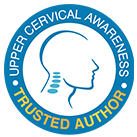upper cervical blogdr. blom Work Specifically in the neck and neck related disorders?
|
 If a person feels dizzy, he or she is lightheaded and may lose their balance. If one has vertigo, that person may feel like he or she is spinning or that the surrounding room is. A recent study, in May of 2015, revealed that eighty percent of people who got whiplash due to a traffic accident showed cerebrospinal hypervolemia, in other words, a decrease in the amount of fluid that acts as a cushion to the brain. This may be part of the cause for vertigo and dizziness. Dizziness, vertigo, and motion sickness all relate to the way the body is balanced. This occurs through a complicated interaction of the inner ear, the eyes, the sensory receptors of the muscles and joints, and the pressure receptors that are in the joints and spine. Most importantly, the central nervous system is involved. Made up of the spinal cord and brain, its job is to process the information needed to keep balance and equilibrium in check. If the brain begins receiving distorted signals from the body, vertigo and dizziness can occur. Why does this happen? To learn more about the connection between head and neck injuries and vertigo download our complimentary e-book When the C1, also known as the atlas vertebra, suffers a misalignment from a fall, an auto accident, or other trauma it places undue pressure on the brainstem, which connects the brain and the spinal cord. The way that the body sends and processes information becomes hindered. This results in various health problems, vertigo and dizziness being two of them. By seeking the care of an upper cervical chiropractor, a person is taking the first step to recovery. We specialize in detecting misalignments in the upper part of the neck and then working with patients individually, according to their needs, to correct the problem. The advanced methods that we use have been studied thoroughly and have proved to be successful in treating vertigo, motion sickness, and dizziness. It is important for all to take note of the way their body is functioning and take steps to correct any misalignment that may have occurred and may be causing problems. We would be happy to schedule an examination. Relief of symptoms may be just around the corner.
0 Comments
Resolution of Meniere's Disease After A Failed Vestibular Nerve Surgery |
HOW CAN UPPER CERVICAL HELP AN ACCIDENT SUFFERER? | |
Two million people are exposed to whiplash injury (related to an auto accident) in the U.S. every year.
When the head is suddenly jerked back and forth or side-to-side beyond its normal limits, ligaments supporting the neck vertebrae can be sprained (over-stretched) or torn, forcing vertebrae out of their normal position.
In tests of low speed rear impact collisions, it was reported that the neck can be injured even in slow speeds accidents as low as 5 mph.
Most rear impact accidents occur at crash speeds of 6 to 12 mph - speeds below the threshold for property damage to the vehicle - but sufficient to cause neck injury.
Whiplash injuries to the cervical spine can occur in sports (skiing, hockey, football, cycling, ice skating, gymnastics, boxing), during falls (down a flight of stairs, on an icy sidewalk), and many more!
To schedule a consultation with Dr. Blom click the button below or call 208-559-0541
When the head is suddenly jerked back and forth or side-to-side beyond its normal limits, ligaments supporting the neck vertebrae can be sprained (over-stretched) or torn, forcing vertebrae out of their normal position.
In tests of low speed rear impact collisions, it was reported that the neck can be injured even in slow speeds accidents as low as 5 mph.
Most rear impact accidents occur at crash speeds of 6 to 12 mph - speeds below the threshold for property damage to the vehicle - but sufficient to cause neck injury.
Whiplash injuries to the cervical spine can occur in sports (skiing, hockey, football, cycling, ice skating, gymnastics, boxing), during falls (down a flight of stairs, on an icy sidewalk), and many more!
To schedule a consultation with Dr. Blom click the button below or call 208-559-0541
Natural Relief of Ménière's Disease Boise
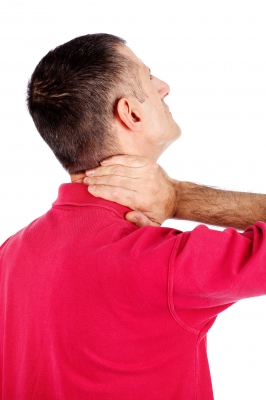
Meniere's Disease, Cochlear Hydrops, Tinnitus, hearing loss, chronic ear infections and even vertigo can frequently be related to trauma to the nerves from the upper neck (lower brain stem area) that go into the ears. Upper neck trauma can lead to a variety of different ear problems due to the neurological connections.
Dr. Michael Burcon in Michigan has done excellent work in researching the connection between the upper neck and conditions like Meniere's Disease, tinnitus, vertigo and others.
Burcon has established a link to these conditions with whiplash injuries that misalign the base of the skull with the top of the neck creating a lesion affecting the Eustachian tube. About half of these traumas are caused by car crashes and the other half from injuries involving head trauma. Burcon believes that the correlation was not made because it takes an average of fifteen years from the time the patient was injured until the onset of symptoms.
Patients typically get diagnosed with these conditions in middle age. Their injuries most often happened during high school or college years from a car accident, sports injury or fall on their heads. Few patients list these old injuries on their doctor’s admission paper work. In fact, they have often forgotten about them, believing they were not hurt if they were not admitted to the hospital. It is possible to have fewer than the four classic symptoms of Meniere's Disease (hearing loss, fullness, tinnitus, and vertigo) yet be diagnosed with Meniere's Disease; this is sometimes said to be "atypical" Meniere's Disease. Some Meniere's Disease patients experience hearing loss, fullness, and tinnitus with no vertigo at all, a condition sometimes described as "cochlear hydrops."
When the cause is addressed amazing recovery can take place. But the cause has to be identified and addressed.
To find out more about the connection between head and neck injuries and Ménière's disease download are e-book below.
Dr. Michael Burcon in Michigan has done excellent work in researching the connection between the upper neck and conditions like Meniere's Disease, tinnitus, vertigo and others.
Burcon has established a link to these conditions with whiplash injuries that misalign the base of the skull with the top of the neck creating a lesion affecting the Eustachian tube. About half of these traumas are caused by car crashes and the other half from injuries involving head trauma. Burcon believes that the correlation was not made because it takes an average of fifteen years from the time the patient was injured until the onset of symptoms.
Patients typically get diagnosed with these conditions in middle age. Their injuries most often happened during high school or college years from a car accident, sports injury or fall on their heads. Few patients list these old injuries on their doctor’s admission paper work. In fact, they have often forgotten about them, believing they were not hurt if they were not admitted to the hospital. It is possible to have fewer than the four classic symptoms of Meniere's Disease (hearing loss, fullness, tinnitus, and vertigo) yet be diagnosed with Meniere's Disease; this is sometimes said to be "atypical" Meniere's Disease. Some Meniere's Disease patients experience hearing loss, fullness, and tinnitus with no vertigo at all, a condition sometimes described as "cochlear hydrops."
When the cause is addressed amazing recovery can take place. But the cause has to be identified and addressed.
To find out more about the connection between head and neck injuries and Ménière's disease download are e-book below.
Upper Cervical Care and Ménière’s Disease Treatment In Boise Idaho
Have you been diagnosed with Cochlear Hydrops, Meniere's, vertigo or other ear related conditions?
Have you ever had your upper neck thoroughly evaluated to see if the underlying cause could be there?
Today could be your day.
What to Do Next
To find an upper cervical chiropractor in your area go to www.uppercervicalcare.com or if you are in the Boise Idaho area, just click the button to schedule an appointment.
Have you ever had your upper neck thoroughly evaluated to see if the underlying cause could be there?
Today could be your day.
What to Do Next
To find an upper cervical chiropractor in your area go to www.uppercervicalcare.com or if you are in the Boise Idaho area, just click the button to schedule an appointment.
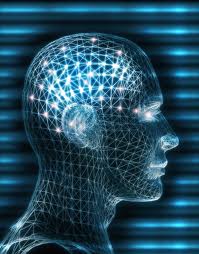
Vertigo, Dizziness and Disequilibrium
What Causes the Room to Spin?
Vertigo, dizziness, disequilibrium can be directly related to old head and neck injuries that have never been properly addressed and the underlying damage to the upper neck has led to dysfunction in the ears, the balancing system of the body or both.
When the head or neck is injured the upper neck (Atlas & Axis) frequently become twisted and misaligned leading to a slight displacement of the head...sometimes by as little as 3/4 of a degree. Once the heavy head (10-14 lbs) is tilting to the side, the brain has to compensate for that change through the righting reflex to keep the eyes and ears level with the horizon at all times.
The entire structure of the body will twist and tilt in order to compensate for those upper neck misalignments and head tilt. Eventually leading to pressure building up into the nerve system. The area that is first impacted by these problems is the brain stem area, which is just basically a part of the brain that extends down into the spine and connects to the spinal cord.
The Key to the Balance of Our Bodies
The brain stem area is a key to the balance of our bodies. This upper neck area has more pressure sensors the anywhere else in the body that feed information into the brain stem and the brain. Also the brain stem sends messages via the cranial nerves to the ears for balance as well. Blood flow is also effected when the brain stem function is altered.
When someone is suffering from vertigo, dizziness, or disequilibrium, the brain stem is frequently involved. Upper neck misalignments alter the brain stem function and can lead to problems such as vertigo. When these old injuries are dealt with by the correction of the head position by a precise upper cervical corrective procedure such as Upper Cervical, the healing process can begin.
Holding the corrections is the key to healing, not having your spine manipulated 1000's of times by a general chiropractor!
Now not all dizziness, vertigo and disequilibrium is related to head and neck traumas. But if you have a history of those types of accidents then an evaluation with a qualified upper cervical specialist is very important. If the underlying cause can be identified, what a difference it can make for your life!
To find out more about the connection between head and neck injuries and Ménière's disease download are e-book below.
What Causes the Room to Spin?
Vertigo, dizziness, disequilibrium can be directly related to old head and neck injuries that have never been properly addressed and the underlying damage to the upper neck has led to dysfunction in the ears, the balancing system of the body or both.
When the head or neck is injured the upper neck (Atlas & Axis) frequently become twisted and misaligned leading to a slight displacement of the head...sometimes by as little as 3/4 of a degree. Once the heavy head (10-14 lbs) is tilting to the side, the brain has to compensate for that change through the righting reflex to keep the eyes and ears level with the horizon at all times.
The entire structure of the body will twist and tilt in order to compensate for those upper neck misalignments and head tilt. Eventually leading to pressure building up into the nerve system. The area that is first impacted by these problems is the brain stem area, which is just basically a part of the brain that extends down into the spine and connects to the spinal cord.
The Key to the Balance of Our Bodies
The brain stem area is a key to the balance of our bodies. This upper neck area has more pressure sensors the anywhere else in the body that feed information into the brain stem and the brain. Also the brain stem sends messages via the cranial nerves to the ears for balance as well. Blood flow is also effected when the brain stem function is altered.
When someone is suffering from vertigo, dizziness, or disequilibrium, the brain stem is frequently involved. Upper neck misalignments alter the brain stem function and can lead to problems such as vertigo. When these old injuries are dealt with by the correction of the head position by a precise upper cervical corrective procedure such as Upper Cervical, the healing process can begin.
Holding the corrections is the key to healing, not having your spine manipulated 1000's of times by a general chiropractor!
Now not all dizziness, vertigo and disequilibrium is related to head and neck traumas. But if you have a history of those types of accidents then an evaluation with a qualified upper cervical specialist is very important. If the underlying cause can be identified, what a difference it can make for your life!
To find out more about the connection between head and neck injuries and Ménière's disease download are e-book below.
What to Do Next
To find an upper cervical chiropractor in your area go to www.upcspine.com or if you are in the Boise Idaho area, just click the button to schedule an appointment.
To find an upper cervical chiropractor in your area go to www.upcspine.com or if you are in the Boise Idaho area, just click the button to schedule an appointment.
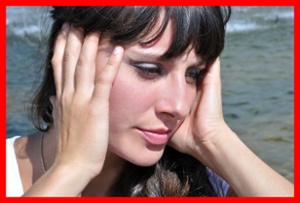
Natural Vertigo Treatment in Boise Idaho
Is Your Vertigo All in Your Neck? Medical doctors will use over 50 different medications in an attempt to control dizziness or vertigo. But many people are unaware of a common cause of dizziness or vertigo that can be addressed naturally without drugs.
Dr. Michael Burcon in Michigan has done excellent work in researching the connection between the upper neck and conditions like vertigo, Meniere's Disease, tinnitus and others.
Burcon has established a link to these conditions with whiplash injuries that misalign the base of the skull with the top of the neck creating a lesion affecting the Eustachian tube. About half of these traumas are caused by car crashes and the other half from injuries involving head trauma. Burcon believes that the correlation was not made because it takes an average of fifteen years from the time the patient was injured until the onset of symptoms.
Patients typically get diagnosed with these conditions in middle age. Their injuries most often happened during high school or college years from a car accident, sports injury or fall on their heads. Few patients list these old injuries on their doctor’s admission paper work. In fact, they have often forgotten about them, believing they were not hurt if they were not admitted to the hospital.
In Dr. Burcon’s he saw over 90% improvement in patients diagnosed with vertigo following upper cervical chiropractic.
Whiplash and Vertigo
Following a whiplash injury, such as those common during a motor vehicle accident, as much as 25 to 50% of people will experience dizziness or vertigo. Many times this dizziness will subside after a few days, but other times it will linger for weeks, months or even years.
Whiplash clinically is similar to post concussion syndrome, but with the addition of neck complaints. Long term studies show that aches and pains may persist in 20 to 45% of patients with significant whiplash.
When the cause is addressed with an upper cervical chiropractic technique such as Upper Cervical, will, amazing recovery can take place. But the cause has to be identified and addressed.
Have you been diagnosed with vertigo or other related conditions?
Are you looking for a drug free vertigo treatment?
Have you ever had your upper neck thoroughly evaluated to see if the underlying cause could be there?
Today could be your day.
To find out more about the connection between head and neck injuries and Ménière's disease download are e-book below.
Is Your Vertigo All in Your Neck? Medical doctors will use over 50 different medications in an attempt to control dizziness or vertigo. But many people are unaware of a common cause of dizziness or vertigo that can be addressed naturally without drugs.
Dr. Michael Burcon in Michigan has done excellent work in researching the connection between the upper neck and conditions like vertigo, Meniere's Disease, tinnitus and others.
Burcon has established a link to these conditions with whiplash injuries that misalign the base of the skull with the top of the neck creating a lesion affecting the Eustachian tube. About half of these traumas are caused by car crashes and the other half from injuries involving head trauma. Burcon believes that the correlation was not made because it takes an average of fifteen years from the time the patient was injured until the onset of symptoms.
Patients typically get diagnosed with these conditions in middle age. Their injuries most often happened during high school or college years from a car accident, sports injury or fall on their heads. Few patients list these old injuries on their doctor’s admission paper work. In fact, they have often forgotten about them, believing they were not hurt if they were not admitted to the hospital.
In Dr. Burcon’s he saw over 90% improvement in patients diagnosed with vertigo following upper cervical chiropractic.
Whiplash and Vertigo
Following a whiplash injury, such as those common during a motor vehicle accident, as much as 25 to 50% of people will experience dizziness or vertigo. Many times this dizziness will subside after a few days, but other times it will linger for weeks, months or even years.
Whiplash clinically is similar to post concussion syndrome, but with the addition of neck complaints. Long term studies show that aches and pains may persist in 20 to 45% of patients with significant whiplash.
When the cause is addressed with an upper cervical chiropractic technique such as Upper Cervical, will, amazing recovery can take place. But the cause has to be identified and addressed.
Have you been diagnosed with vertigo or other related conditions?
Are you looking for a drug free vertigo treatment?
Have you ever had your upper neck thoroughly evaluated to see if the underlying cause could be there?
Today could be your day.
To find out more about the connection between head and neck injuries and Ménière's disease download are e-book below.
What to Do Next
To find an upper cervical chiropractor in your area go to www.upcspine.com or if you are in the Boise Idaho area, just click the button to schedule an appointment.
To find an upper cervical chiropractor in your area go to www.upcspine.com or if you are in the Boise Idaho area, just click the button to schedule an appointment.
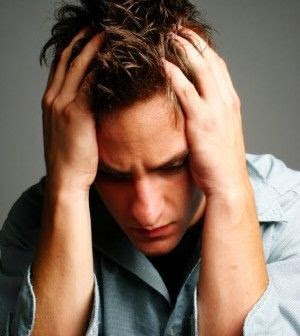
Can Neck Problems Cause Dizziness?
Vertigo, Dizziness, Disequilibrium and many other types of conditions can be directly related to old head and neck injuries that have never been properly addressed and the underlying damage to the upper neck has led to dysfunction in the ears, the balancing system of the body or both.
When the head or neck is injured the upper neck (Atlas & Axis) frequently become twisted and misaligned leading to a slight displacement of the head...sometimes by as little as 3/4 of a degree. Once the heavy head (10-14 lbs) is tilting to the side the brain has to compensate for that change through the righting reflex to keep the eyes and ears level with the horizon at all times.
The entire structure of the body will twist and tilt in order to compensate for those upper neck misalignments and head tilt. Eventually leading to pressure building up into the nerve system.
Brain Stem Dysfunction
The area that is first impacted by these problems is the brain stem area, which is just basically a part of the brain that extends down into the spine and connects to the spinal cord. The brain stem area is a key to the balance of our bodies.
The upper neck area also has more pressure sensors than anywhere else in the body that feed information into the brain stem and the brain. Also the brain stem sends messages via the cranial nerves to the ears for balance as well. Blood flow is also affected when the brain stem function is altered.
When someone is suffering from vertigo, dizziness, or disequilibrium, the brain stem is frequently involved. Upper neck misalignments alter the brain stem function and can lead to these types of problems. When these old injuries are dealt with by the correction of the head position by a precise upper cervical corrective procedure such as Upper Cervical, the healing process can begin.
To find out more about the connection between head and neck injuries and Ménière's disease download are e-book below.
Vertigo, Dizziness, Disequilibrium and many other types of conditions can be directly related to old head and neck injuries that have never been properly addressed and the underlying damage to the upper neck has led to dysfunction in the ears, the balancing system of the body or both.
When the head or neck is injured the upper neck (Atlas & Axis) frequently become twisted and misaligned leading to a slight displacement of the head...sometimes by as little as 3/4 of a degree. Once the heavy head (10-14 lbs) is tilting to the side the brain has to compensate for that change through the righting reflex to keep the eyes and ears level with the horizon at all times.
The entire structure of the body will twist and tilt in order to compensate for those upper neck misalignments and head tilt. Eventually leading to pressure building up into the nerve system.
Brain Stem Dysfunction
The area that is first impacted by these problems is the brain stem area, which is just basically a part of the brain that extends down into the spine and connects to the spinal cord. The brain stem area is a key to the balance of our bodies.
The upper neck area also has more pressure sensors than anywhere else in the body that feed information into the brain stem and the brain. Also the brain stem sends messages via the cranial nerves to the ears for balance as well. Blood flow is also affected when the brain stem function is altered.
When someone is suffering from vertigo, dizziness, or disequilibrium, the brain stem is frequently involved. Upper neck misalignments alter the brain stem function and can lead to these types of problems. When these old injuries are dealt with by the correction of the head position by a precise upper cervical corrective procedure such as Upper Cervical, the healing process can begin.
To find out more about the connection between head and neck injuries and Ménière's disease download are e-book below.
Holding the corrections is the key to healing, not having your spine manipulated 1000's of times!
Now not all dizziness, vertigo and disequilibrium is related to head and neck traumas. But if you have a history of accidents involving your head or neck, then an evaluation with a qualified upper cervical chiropractor is very important. If the underlying cause can be identified, what a difference it can make for your life! You can find natural Vertigo, Dizziness and Disequilibrium Relief in Boise, Idaho
What to Do Next
To find an upper cervical chiropractor in your area go to www.upcspine.com or if you are in the Boise Idaho area, just click the button to schedule an appointment.
Now not all dizziness, vertigo and disequilibrium is related to head and neck traumas. But if you have a history of accidents involving your head or neck, then an evaluation with a qualified upper cervical chiropractor is very important. If the underlying cause can be identified, what a difference it can make for your life! You can find natural Vertigo, Dizziness and Disequilibrium Relief in Boise, Idaho
What to Do Next
To find an upper cervical chiropractor in your area go to www.upcspine.com or if you are in the Boise Idaho area, just click the button to schedule an appointment.
Dr. Blom
Upper Cervical Chiropractor
4869 W. Malad St.,
Suite D
Boise, ID 83705
208-559-0541
Categories
All
Atlas Subluxation
Carpal Tunnel Syndrome
Cervical Radiculopathy
Cervical Spine
Chiari Malformation
Concussion Treatment
Depression & Neck Injury
Disequilibrium
Dizziness Treatment
Duff Analysis
Fibromyalgia
Headache Treatment
Irritable Bowel Syndrome
Low Back Pain Treatment
Meniere's Treatment
Migraine
Migraine Headaches
Migraine Headaches Relief
Migraine Relief
Migraines
Migraine Treatment
Multiple Sclerosis
Neck Pain
Neck Pain Treatment
Nutrition Articles
Occipital Neuralgia Relief
Pinched Nerve
Seizure Treatment
Shoulder Pain
Spinal Facts
Tinnitus Treatment
Trigeminal Neuralgia
Upper Cervical Care
Vertigo
Vertigo Treatment
Whiplash Treatment
Archives
February 2024
October 2023
August 2023
July 2023
May 2023
April 2023
February 2023
January 2023
November 2022
October 2022
August 2022
July 2022
May 2022
April 2022
February 2022
January 2022
November 2021
October 2021
August 2021
July 2021
May 2021
April 2021
February 2021
January 2021
November 2020
October 2020
August 2020
July 2020
May 2020
April 2020
February 2020
January 2020
July 2019
April 2019
January 2019
October 2018
September 2018
July 2018
April 2018
January 2018
October 2017
August 2017
July 2017
June 2017
May 2017
April 2017
March 2017
February 2017
January 2017
December 2016
November 2016
October 2016
September 2016
August 2016
July 2016
June 2016
May 2016
April 2016
March 2016
February 2016
January 2016
December 2015
November 2015
October 2015
September 2015
October 2014
September 2014
August 2014
July 2014
June 2014
May 2014
April 2014

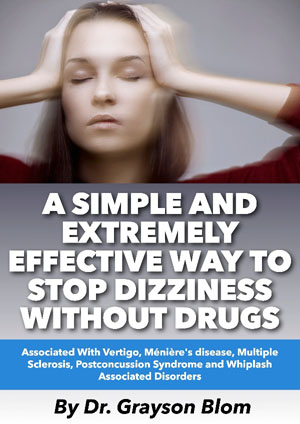

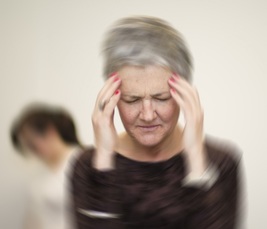
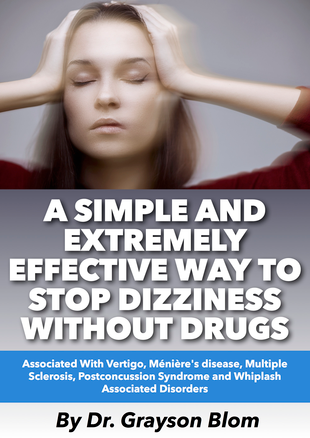
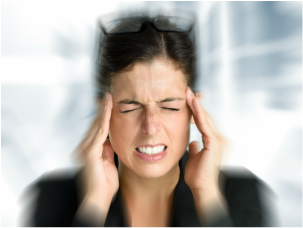
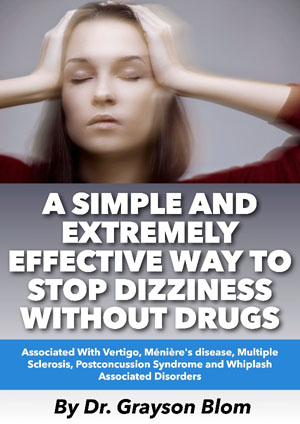

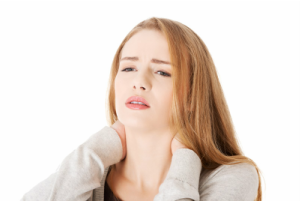
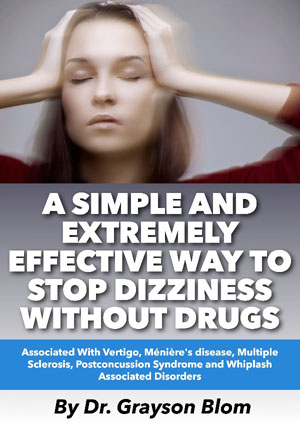

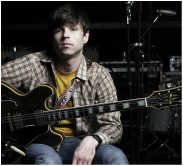
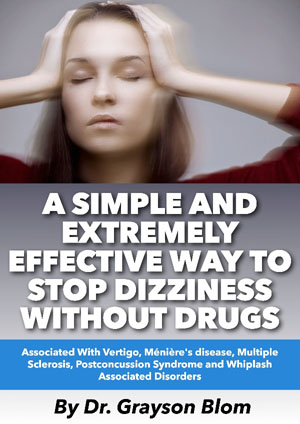

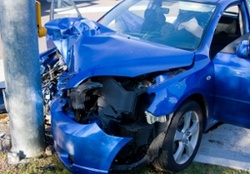
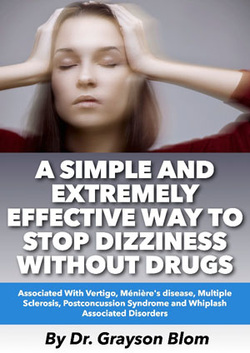
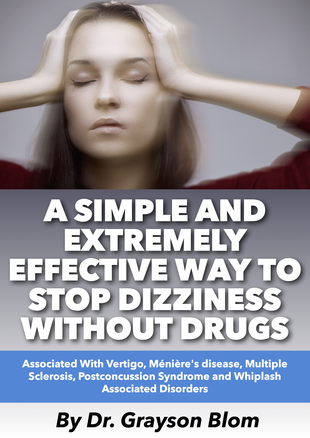
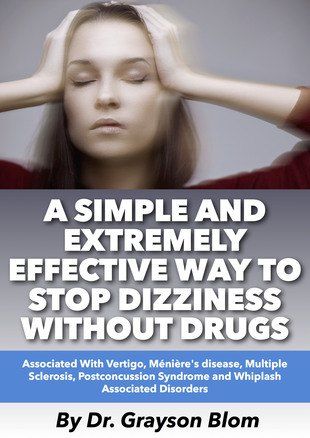
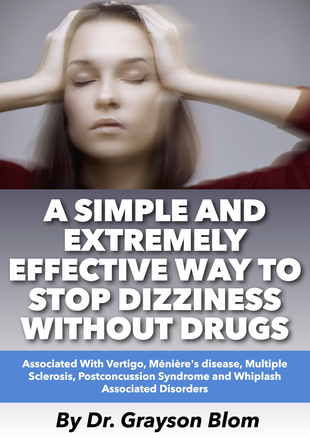
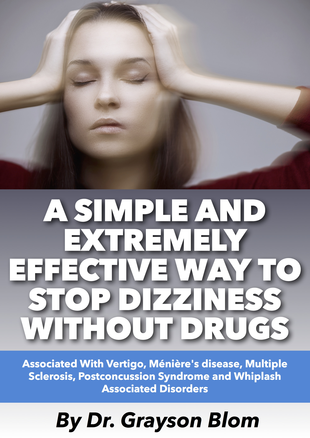

 RSS Feed
RSS Feed


